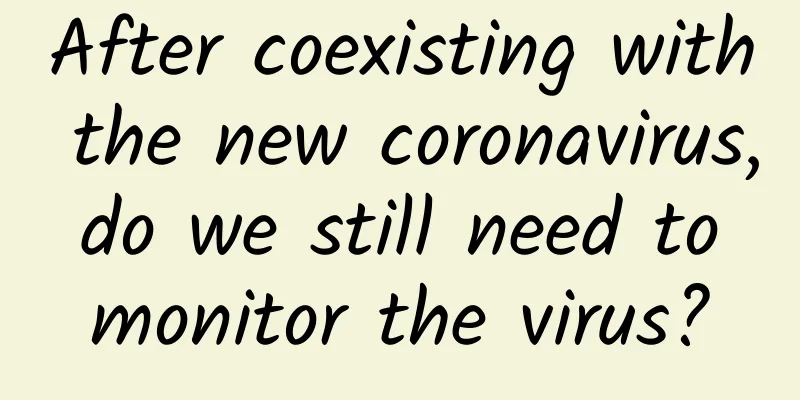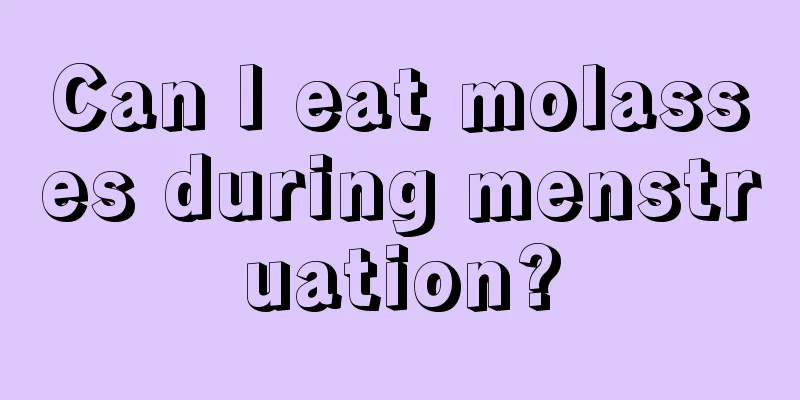Psychological immunity

|
This is the 3784th article of Da Yi Xiao Hu The immunity we often talk about refers to our body's ability to fight infection and disease. With the development of psychosomatic medicine, the concept of immunity has entered the field of psychology and derived the term "psychological immunity". Psychological immunity refers to the ability of individuals to reduce the generation of negative emotions or weaken the degree of these emotions in a certain way, thereby maintaining psychological stability and balance and preventing the occurrence of mental illness. In simple terms, it is the body's ability to fight negative emotions and mental illness. Therefore, some researchers believe that the psychological immune system is a psychological protection system composed of a series of cognitive defense mechanisms, such as rationalization, motivated reasoning, self-deception, self-improvement, self-affirmation, self-regulation, etc. For example, when you are often criticized and treated unfairly by your boss at work, you will face this bad environment in a certain way, whether it is constructive (self-reflection), aggressive (arguing with your boss), or evasive (actively resigning). Everyone chooses a different way, and each way has a different degree of impact on their own negative emotions. This whole process from choosing a certain way to the final impact on one's own psychology is the effect of psychological immunity on the body. If you choose a way that suits you, you can greatly reduce your negative emotions. On the contrary, if you choose an inappropriate way, you may continue to wander in a negative emotional environment, unable to find a way out, and eventually lead to mental illness. How to judge whether your psychological immunity is strong or weak? The strength of physiological immunity can be determined through blood tests, but psychological immunity is measured by the changes in the individual's mental health level after a stressful event. Some scholars have conducted research in this area. Through immune training, adolescents are mentally prepared for the opposite viewpoints of certain issues in advance, and can even refute them to a certain extent. When greater pressure on this issue arises, they can still stick to their inherent attitudes, thereby resisting harmful influences and strengthening correct concepts. Extending to psychological immunity, when we experience stressful events, after cognitive activities and self-psychological adjustments, we make corresponding psychological and physiological reactions and form corresponding psychological immunity. When we encounter similar stressful events again, through past "experiences", we can better adapt to and handle events, and our emotions will be more stable. When we encounter a mild stressful event, if we are more likely to deny, suppress, and regress, and dwell on the negative impact of the event for a long time without being able to resolve it, we believe that our psychological immunity is weak and we are more likely to develop mental illness when facing another stressful event. If we choose defense methods such as rationalization and sublimation, it means that our psychological immunity is strong and the possibility of developing mental illness is relatively small. What mental illnesses are likely to occur due to poor psychological immunity? The strength of physiological immunity can be determined through blood tests, but psychological immunity is measured by the changes in the individual's mental health level after a stressful event. Some scholars have conducted research in this area. Through immune training, adolescents are mentally prepared for the opposite viewpoints of certain issues in advance, and can even refute them to a certain extent. When greater pressure on this issue arises, they can still stick to their inherent attitudes, thereby resisting harmful influences and strengthening correct concepts. Extending to psychological immunity, when we experience stressful events, after cognitive activities and self-psychological adjustments, we make corresponding psychological and physiological reactions and form corresponding psychological immunity. When we encounter similar stressful events again, through past "experiences", we can better adapt to and handle events, and our emotions will be more stable. When we encounter a mild stressful event, if we are more likely to deny, suppress, and regress, and dwell on the negative impact of the event for a long time without being able to resolve it, we believe that our psychological immunity is weak and we are more likely to develop mental illness when facing another stressful event. If we choose defense methods such as rationalization and sublimation, it means that our psychological immunity is strong and the possibility of developing mental illness is relatively small. How to improve psychological immunity? Improving psychological immunity means purposefully adjusting an individual's psychological ability to cope with external environmental stimuli through certain methods. 1 Do not escape or shrink: The positive emotions of individuals when experiencing stressful events will enhance their psychological immunity. When encountering stressful events, our past self-cognition and self-regulation when facing similar events can tell us what to do best. Therefore, when encountering setbacks or blows, we should not escape or shrink, but face them in a positive and rational way to continuously improve our psychological immunity. 2 Communicate, talk, and listen: In traditional Chinese culture, when people encounter stressful events, they tend to digest them by themselves. Therefore, negative emotions are suppressed and gradually ferment in the heart, which can easily lead to mental illness and problems cannot be solved well. In order to improve psychological immunity, we should learn to communicate and talk, express our inner thoughts and emotions, and also patiently listen to others' ideas and suggestions on the event, and never be complacent. 4 Temporarily escape from a bad environment: When trapped in a bad environment or bad mood, it is easy for the person to get lost. At this time, it is better to temporarily escape from the bad environment, such as going out to study or travel, or participating in cultural, entertainment and sports activities. On the one hand, it can temporarily divert attention, and on the other hand, it can generate new ideas about stressful events in a new environment, or even better ways of coping. 5 Ensure a good sleep and lifestyle: A good sleep and lifestyle are important basic conditions for maintaining psychological and physiological immunity. Author: Shenzhen Kangning Hospital Dr. Leung Yun-lin |
<<: New local cases of COVID-19 infection in Beijing and health tips
Recommend
How to relieve menstrual cramps
There are many reasons for women's menstrual ...
Several major safety hazards and countermeasures in obstetrics and gynecology nursing
Nursing safety actually means that during the nur...
What are the symptoms of amenorrhea
Many factors may cause amenorrhea, so you should ...
The 2024 Best Diet List is out! It has been on the list for 7 consecutive years. What is so magical about it?
The most common New Year's greeting is "...
The difference between prurigo and eczema during pregnancy
The difference between prurigo and eczema in preg...
Peach gum = cheap bird's nest? Is it really that magical?
In the spring, peach blossoms bloomed quietly, pe...
The most complete self-help manual for depressed people - cutting-edge research on depression by cognitive neuroscience
Neurobiology of social cognition and unipolar dep...
Can the placenta treat asthma?
The placenta is a structure that appears when a w...
What should I do if I find blood in my leucorrhea after masturbation?
Under normal circumstances, women's leucorrhe...
Why does vaginal bleeding occur after sex?
Vaginal bleeding after intercourse is not uncommo...
Vitamin C is 21 times more than that of apples, and it is also very laxative! This fruit is perfect for spring
There is a kind of fruit that “people who love it...
Science Explains | Are sugar-free foods really "0 sugar"? Listen to what the experts say!
Although sugar substitutes are food additives tha...
Why do I have stomach pain before my period?
In life, some female friends always experience ab...
What are the sexual needs of a 42-year-old woman?
Sexual needs are very common in life. It is almos...
"Lao Deng" in the vaccine industry - why hasn't he been eliminated yet?
As we all know, the 23-valent pneumococcal polysa...









